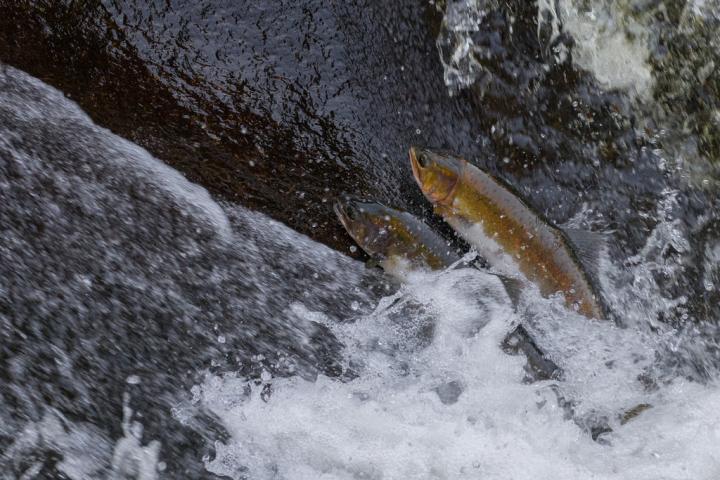
Photo credit: AER Wilmington DE via Visual Hunt / CC BY
On August 17, Washington Attorney General’s Office filed a petition seeking the U.S. Supreme Court to review a fish culvert decision by the lower Ninth Circuit Court of Appeals. This stems from a 2013 decision by the District Court for the Western District of Washington that ruled in favor of the federal government and Washington tribes, in that Washington State was ordered to replace hundreds of culverts under state highways, at an estimated cost of billions of dollars, by 2030. The state appealed this original decision and in 2016 the Ninth Circuit Court upheld the lower court’s decision.
According to the Attorney General’s website, “Filing this appeal does not in any way limit the State’s ability to replace culverts,” Attorney General Bob Ferguson said, “and the State should increase the pace of culvert replacement. But I do not get to decide how much the State spends on fixing culverts or set priorities for state agencies that regulate or build culverts. I will support any proposal from the legislature, the Governor or other public officials who control land use and spending decisions that would accelerate the pace of culvert replacements. The State should not need a court order to restore salmon habitat.”
The petition does not impede the Attorney General’s Office from ongoing discussions with tribal leaders on reaching mutual resolutions regarding other aspects of the original ruling outside of court. According to the Attorney General’s Office, the culverts case involves the meaning of 1850’s treaties between the federal government and western Washington Indian tribes that promised the tribes “[t]he right of taking fish, at all usual and accustomed grounds and stations . . . in common with all citizens.” The case began in 2001 when the federal government and 21 tribes sued the state, claiming that culverts under state roads violate this treaty provision if they restrict salmon passage and reduce the number of salmon available for the tribes.
The Attorney General’s Office says that, “The Ninth Circuit adopted a sweeping treaty interpretation that contradicts the U.S. Supreme Court’s previous interpretation of the state’s obligation under the treaty.” In addition, “The Ninth Circuit held that the treaty language guaranteed that the number of fish would always be sufficient to provide a ‘moderate living’ to the Tribes.”
The office believes that while the state is committed to protecting and preserving salmon habitat, many factors beyond the state’s control affect whether there are enough salmon “to provide a ‘moderate living’ to the Tribes,” including global climate change and ocean acidification. Therefore, the state may be unable to comply with the court’s order if factors outside the state’s control negatively affect the salmon population, regardless of how many culverts it restores.
In addition, the Attorney General’s Office lists yet another reason they are asking for a review of the previous decision: “The lower court decision forces state taxpayers to pay for problems largely created by the federal government. For decades, the federal government specified the design for the state’s highway culverts. The state then invented and began using a new design that is better for salmon. Then, the federal government sued Washington over the old culverts designed to federal standards. The petition asks that the federal government be blocked from bringing its claim, or at least be required to contribute to the cost of fixing the federally designed culverts.”
More information can be found at the Attorney General’s website.


